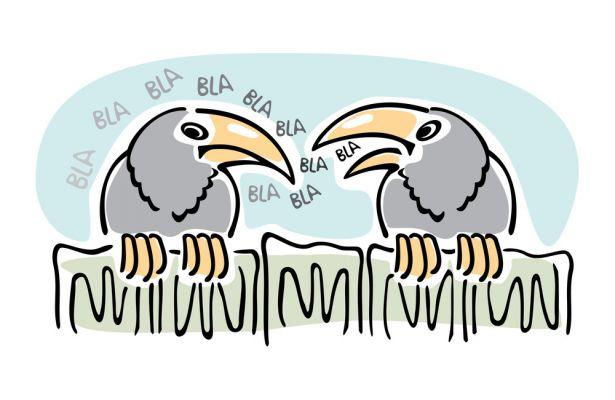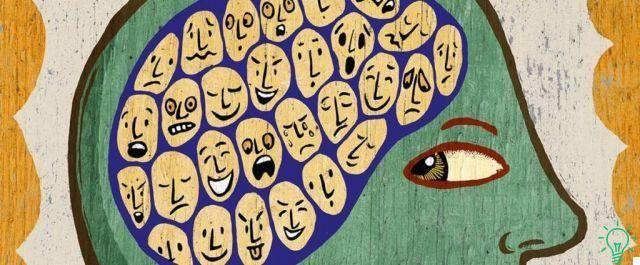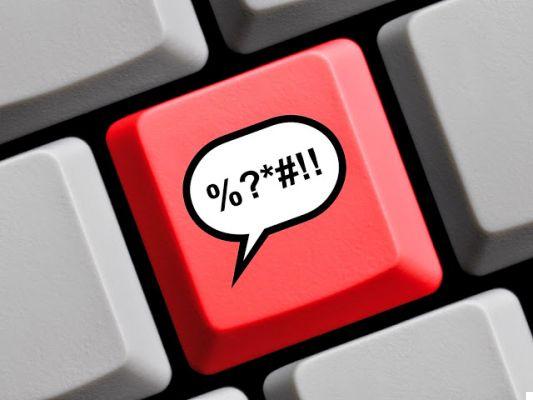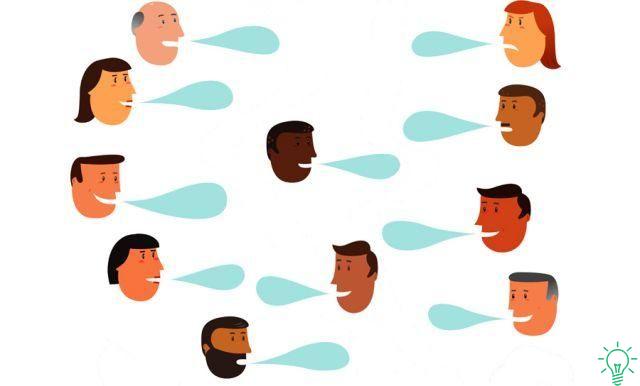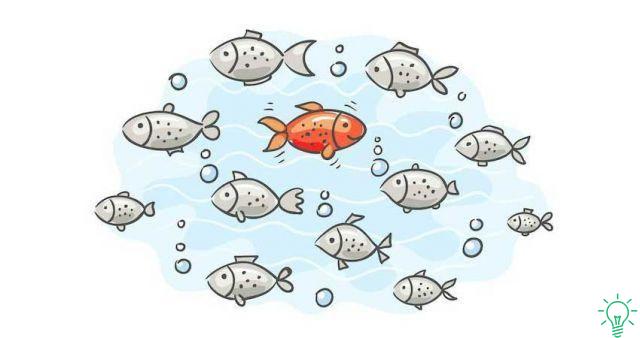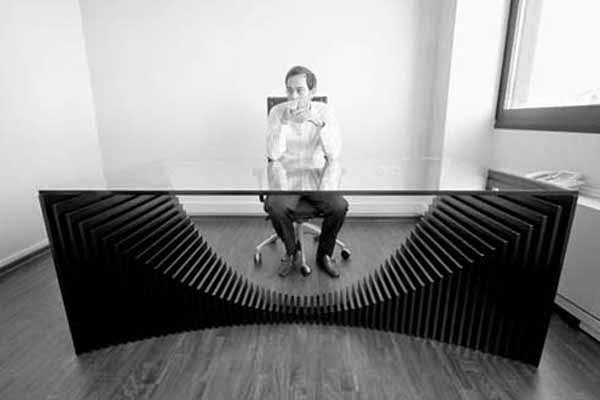
It has probably happened to you more than once: you are talking and suddenly you freeze, you have a sudden memory lapse, you just don't know what to say anymore, it is as if all the information in your mind has been erased in one fell swoop. It can happen when we are speaking in public or when we are at an event that is very important to us, such as an exam or a job interview.
What happens in the brain when we forget words?
There are several reasons why we can find ourselves with an empty mind. In fact, in some cases it is a sign of aging, other times it is a symptom of a neurodegenerative disease.
But it is usually simply due to stress and anxiety. In fact, it is a common phenomenon when we expose ourselves to severe emotional stress, such as in the case of excessive responsibility or when a situation worries us a lot.
The problem is that when we are anxious the way in which our brain processes thoughts changes and we enter what we could call "reactive mode". In this case the muscles tense, the senses sharpen and neurochemical changes occur that allow us to physically react faster, but all these phenomena do not help memory.
One of these changes is the release of corticosterone, a hormone that comes into play especially in situations of stress, fear and anxiety or when we remember a "traumatic" event from the past. This hormone is synthesized in the adrenal cortex and one of its functions is precisely that of blocking information retrieval systems.
Corticosterone affects the functioning of different areas of the brain, including the hippocampus, which is critical for memory, the amygdala, which is associated with emotions, and the cerebral cortex, which is involved in memory retrieval. In fact, neuroscientists at the University of Bordeaux have seen that corticosterone literally floods the hippocampus just 15 minutes after being subjected to acute stress.
In this regard, it has been found that if glucocorticoids are given before a learning test, it is easier to retrieve information. Furthermore, this hormone also affects the duration of memory lapses, which can sometimes reach 90 minutes. This is why data that we couldn't remember during an exam, a job interview, or a presentation smoothly resurfaces later, when we are more relaxed.
How to avoid this situation?
As you can imagine, the best strategy for avoiding memory lapses is to manage stress. So, if you know you are about to deal with a situation that generates stress and anxiety, you may want to practice relaxation or breath control techniques first.
It will also help you not to adopt hyper-critical speech towards yourself, because constantly holding this dialogue in your mind will end up saturating the brain, which will produce a memory gap in an attempt to reset itself.
Another trick is to try to retrieve the information in the same way you acquired it. In fact, one of the most common mistakes for which we don't remember a thing is because we are looking for it in the wrong area of memory. In practice, we try to activate a circuit that is not the one used during learning, for this reason we cannot find what we are looking for.









